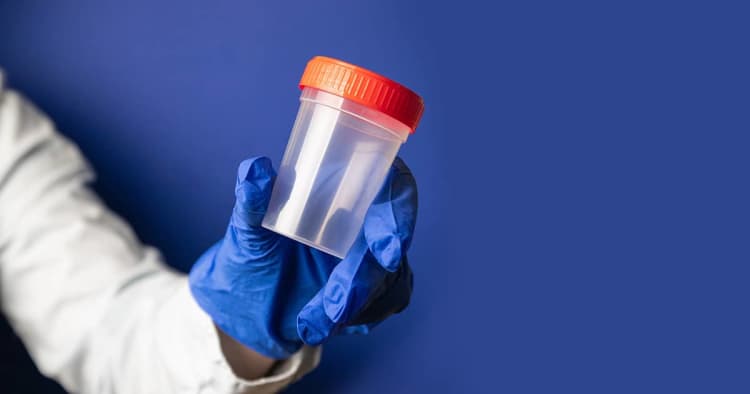Having unprotected sex puts one at high risk of getting HIV and STDs. People who have an STD may be at increased risk of getting HIV. This is because the behaviour that puts someone at risk for one infection (eg not using condoms, multiple partners, etc) often put them at risk for other infections.
STD and HIV infections also tend to be linked, so when someone acquires an STD, it is likely that they got it from someone who may be at risk for other STDs and HIV. A sore or inflammation from an STD also allows it to be infected by HIV, that otherwise would have been stopped by intact skin.

To avoid getting STDs and HIV, using condoms is one of the most effective ways. Condoms should be put on before any sexual contact as HIV can be transmitted through pre-cum, vaginal fluid, and from anal mucus. There are also medications that can be taken by HIV-negative people to prevent HIV.
Ask a healthcare professional if you want to know what medications are right for you. Other ways to lower your chances of getting STDs and HIV includes:
- Reducing the number of sexual partners
- Limit or eliminate drug and alcohol use before and during sex
- Anal sex has also been shown to have the biggest risk of transmitting HIV because the lining of the anus is more delicate than the lining of the vagina, so it is more easily damaged and provides an easier route for HIV to enter the body.




